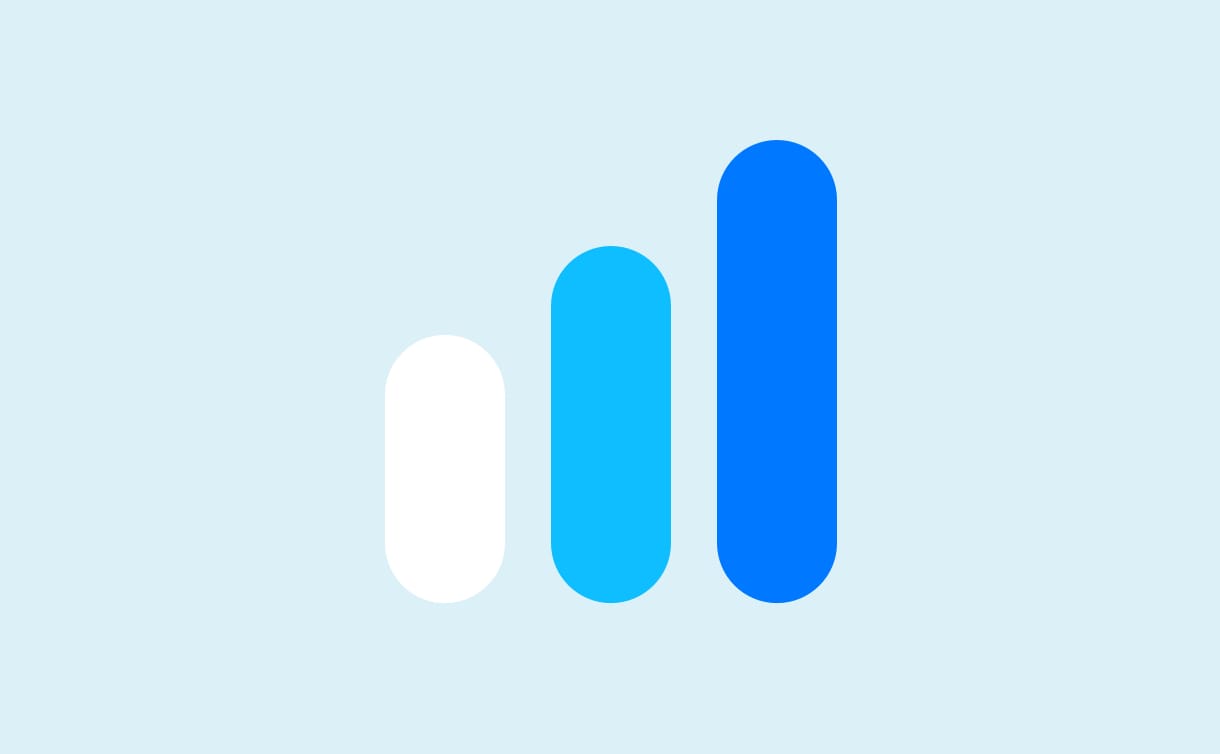
Prevent vegan brain fog: think sharp with these 4 key vitamins
Explore the common brain fog causes, how to tell if you suffer from vegan brain fog, and the 4 best vitamins to help.

Popstar Miley Cyrus became a vegan back in 2013, but she recently revealed that she has since taken a wrecking ball (pun intended) to her plant-based lifestyle. In an interview with podcast host Joe Rogan, the celebrity said that being vegan left her in a brain fog and claims her mind is now “so much sharper” since adding meat back into her diet.
It turns out, Cyrus was not “just being Miley.”
Dr. Gregory Plotnikoff, MD, an integrative medicine physician, points out that mental fog and other neurological dysfunctions are some of the most commonly experienced symptoms when people eat a poorly planned vegan diet.
Emphasis on poorly planned .
According to Dr. Plotnikoff, that mental fuzziness can typically be resolved and prevented through “simple nutritional interventions” like diet changes and supplements. In other words, fogginess shouldn’t be a concern if you eat a well-balanced vegan diet that hits all of your major nutritional benchmarks.
Follow the foghorn: what is vegan brain fog?
It takes a lot of energy to fuel your brain—approximately 20 per cent of your daily calories , to be exact. And when your brain doesn’t get the nutrients that it needs, it can manifest as the neurological struggles that brain fog feels like:
-
A tendency to get confused easily
-
Difficulty remembering things
-
Struggling to learn new concepts
-
Fuzzy, discombobulated thoughts or conversations
This can lead to secondary problems, like poor academic or work performance.
Don’t be alarmed. This is your brain’s way of saying, “Hey, maybe we should think a bit more about what we’re eating.” It’s a signal that your plant-based diet is missing something. Often, that mental fatigue goes away on its own within a few days of you double-checking your eating habits, reviewing your supplement routine, and ensuring you aren’t missing out on any key food groups or nutrients.
4 vitamins and supplements to guard against vegan brain fog
Contrary to what you might assume, mental fog has nothing to do with the big P-word. While many people, especially those who are new to a vegan lifestyle, worry about their protein intake, that fear is usually unfounded.
According to a wide-reaching review of research published in the Journal of the Academy of Nutrition and Dietetics , vegan diets “typically meet or exceed recommended protein intakes when caloric intakes are adequate.”
Rather, the cause has to do with certain nutrients that your brain needs to function properly, that you may inadvertently not be getting enough of when you remove animal-based products from your meals.
The following are four of the top culprits that often affect a vegan individual’s cognition. Ensure your diet includes these on a regular basis, and restore your clear thinking and mental clarity.
1. Vitamin B12
“Anyone following a plant-based diet is likely to have suboptimal levels of Vitamin B12,” says dietitian Sophie Medlin, a lecturer in Nutrition and Dietetics at King’s College London and the in-house dietitian here at Heights.
Your body needs B12 to synthesize myelin, which helps to " insulate " your brain's circuitry. This insulation is key for ensuring your nerve cells can communicate speedily, and damaged myelin can lead to neurologic health concerns like multiple sclerosis.
And while some plant-based foods, such as fortified breads and cereals, mushrooms and algae , have modest levels of B12, vegans (and even some vegetarians) may benefit from regular B12 supplementation .
2. Choline
Choline is critical for neurological functioning , and choline supplements are even used to limit neurologic damage in people who have had a stroke.
Eggs, red meat and fish are the usual sources of dietary choline for most people. Eliminating these food groups can lead to a choline deficiency.
But that doesn’t mean plant-based diets can’t be a great source of choline. It just requires a little forethought and planning. Many fruits and vegetables are rich in this nutrient, which may be why one study found that men and women who eat more than 2.8 servings of veggies a day saw their rate of mental decline significantly slow down.
Plant-based foods that contain choline include soybeans, shiitake mushrooms, potatoes, quinoa, broccoli and kidney beans.
3. Omega 3 Fats
Your brain is very high in omega 3 fats, specifically DHA but also EPA . These fats help with the transmission of neurotransmitters, neurologic messaging and more.
A study published in the Frontiers in Aging Neuroscience journal went so far as to say that these fats play a “unique and indispensable role" in the “cohesive, organized neural signalling essential for higher intelligence."
However, studies have found that many vegetarians and vegans present low levels of omega 3 fats in blood tests. This may be because some forms of plant-based omega 3 fats are harder to absorb.
For instance, flax seeds contain ALA fat, which your body converts into EPA and DHA fats. Unfortunately, only 5% of dietary ALA is converted into EPA , and only 0.5% of it is converted into EPA. So, it’s nigh-on impossible to eat enough flax seeds to match up to your omega 3 requirements.
To compensate for this, try to include plant-based omega 3s like seaweed in your diet and take an omega 3 supplement as well.
4. Iron
According to the Academy of Nutrition and Dietetics , vegans eat as much iron in their diet as their non-vegan friends and family. However, in blood tests, iron levels in plant-based individuals tend to be lower. The conundrum may be similar to the EPA/DHA dilemma, where your body might just have a harder time metabolizing the plant-based sources of iron.
To combat this, add an extra serving of iron-rich foods to your meals. Top examples include kale, spinach and lentils. And it doesn’t hurt to take an iron supplement , too.
In conclusion, if you’re worried about brain fog and want to remain sharp, creative and clear-headed, make sure you’re eating a well-balanced vegan diet with lots of variety, or supplementing well. You’ll also want to specifically ensure you’re getting enough:
-
Choline
Check out more tips on how to get the nutrients you need from a vegan diet .
Know your own mind?
The average brain health score is 51/100. Take our 3-minute quiz to learn how yours measures up and how to boost it.


















